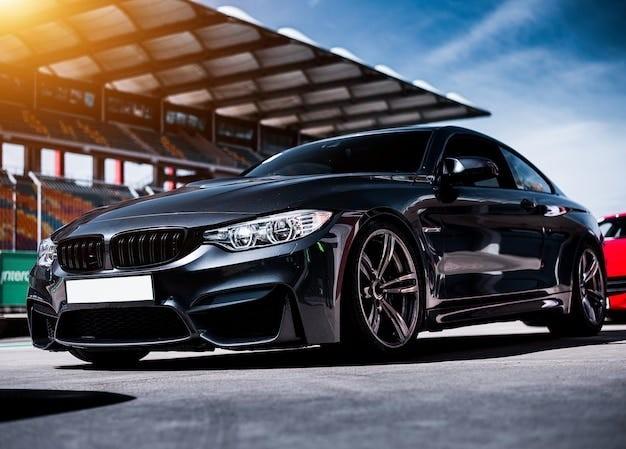How Which to Choose: Petrol, Diesel, Hybrid or Electric

When it comes to buying a new car, one of the biggest decisions you have to make is choosing the type of fuel that your car will use. Traditionally, the most common choices have been petrol or diesel, but in recent years, hybrid and electric vehicles have become increasingly popular. Each type of fuel has its own set of advantages and disadvantages, so it’s important to understand these before making a decision.
Petrol Cars
Petrol cars have been around for over a century and remain a popular choice for many drivers. One of the main advantages of petrol cars is their affordability. Petrol is widely available and tends to be cheaper than diesel or electricity, so petrol cars generally have a lower purchase price.

Petrol cars also tend to be more responsive than diesel cars, which can make for a more enjoyable driving experience. They are also generally easier to service and maintain, as petrol engines are simpler than diesel engines and require fewer parts and repairs.
However, petrol cars do have some downsides. One of the biggest is their fuel efficiency. Petrol engines are generally less fuel-efficient than diesel engines, which means they can be more expensive to run over the long term. Petrol engines also tend to produce more carbon dioxide emissions, which can be a concern for environmentally-conscious drivers.

Diesel Cars
Diesel cars are another popular choice, especially for drivers who do a lot of longdistance driving. One of the main advantages of diesel cars is their fuel efficiency. Diesel engines are generally more fuel-efficient than petrol engines, which means they can be cheaper to run over the long term.
Diesel engines also tend to produce less carbon dioxide emissions than petrol engines, which can make them a better choice for environmentally-conscious drivers. They also tend to produce less noise and vibrations, which can make for a smoother and quieter driving experience.
However, diesel cars do have some downsides. One of the biggest is their higher purchase price. Diesel engines tend to be more complex than petrol engines, which can make them more expensive to manufacture and purchase. Diesel cars are also generally more expensive to service and maintain, as they require more parts and repairs.
Diesel cars also tend to produce more nitrogen oxide emissions, which can be a concern for drivers in areas with strict emissions regulations.
Hybrid Cars
Hybrid cars are a relatively new addition to the market, but they have quickly become popular due to their fuel efficiency and low emissions. Hybrid cars use a combination of an electric motor and a petrol or diesel engine to power the vehicle.
One of the main advantages of hybrid cars is their fuel efficiency. They can achieve much higher fuel efficiency than petrol or diesel cars, as the electric motor helps to reduce fuel consumption. This can make them a more costeffective option over the long term.
Hybrid cars also tend to produce fewer emissions than petrol or diesel cars, which can make them a better choice for environmentally-conscious drivers. They also tend to be quieter and smoother to drive, as the electric motor helps to reduce noise and vibrations.
However, hybrid cars do have some downsides. One of the biggest is their higher purchase price. Hybrid cars tend to be more expensive than petrol or diesel cars, as they require more complex technology and components.
Hybrid cars also tend to have a shorter range than petrol or diesel cars, as they rely on electric power for part of their journey. This can make them less suitable for drivers who do a lot of long-distance driving.
Electric Cars
Electric cars are another relatively new addition to the market, but they have quickly gained popularity due to their low emissions and quiet, smooth driving experience. Electric cars are powered by an electric motor, which is powered by a rechargeable battery.

One of the main advantages of electric cars is their low emissions. They produce zero emissions while driving, which can make them a very.
In conclusion, when it comes to choosing between petrol, diesel, hybrid, or electric cars, there is no one-size-fits-all solution. Each type of fuel has its own set of advantages and disadvantages, and the choice ultimately depends on your personal preferences, driving habits, and budget.

